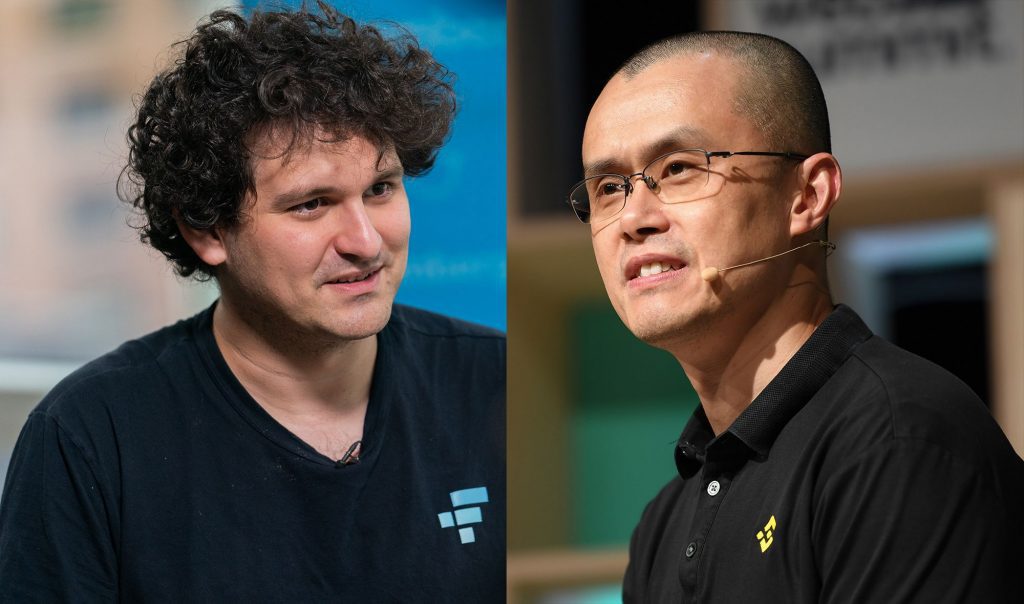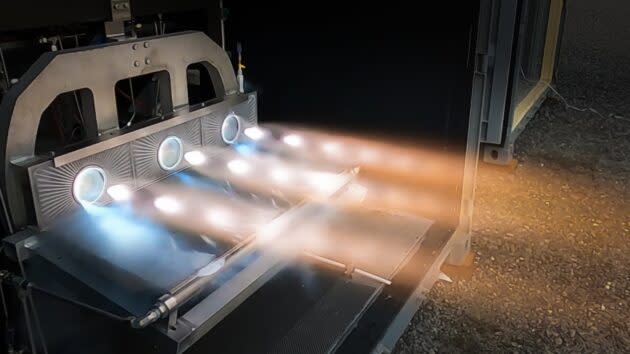Cult Food Science’s subsidiary Fiction Foods says that farm-raised eggs will be for sale before the end of the year.
Fiction’s founder, Brendan Brazier, said in a statement, “It’s not a fake egg, but a whole new way to eat. It’s made from a single-cell organism called euglena that has high-quality protein like animal protein, but without the animal.” Brazier started the brand Vega, which White Wave bought for $550 million in 2015.


Fiction Foods, a company in Vancouver, is using cellular agriculture to make a vegan egg substitute that doesn’t use caged hens. The portfolio company of Cult Foods says its goal is to change the way protein is made. Its first product, “Performance Scramble,” is a liquid egg substitute meant to improve “mental and physical performance.”

Farmed Eggs
Despite functioning identically to a chicken egg in all contexts, Fiction Foods claims that the scramble is “superior” to chicken eggs and will be produced without the ecological damage caused by conventional eggs.
The protein content of the Performance Scramble is said to be 15% higher than that of chicken eggs, the zinc content is said to be higher than that of oysters, the probiotic content is said to be higher than that of yogurt, the antioxidant content is said to be higher than that of blueberries, and the MCT oil for cognitive performance and beta-glucan for immune support are said to be higher than those of blueberries.
Lejjy Gafour, president of the Cult, liked how quickly Fiction Foods came up with new products. In addition to making up for the bad things it does to the environment, the company’s first product, the Performance Scramble, is meant to help customers reach their full potential. “Brendan’s thought leadership and exits in the food optimization space are evidenced by the Performance Scramble prototype,” he said. “He has spent his entire life trying to improve human health and the environment.”
Fiction Foods got a start-up investment from Cult Foods in November. Cult Foods is an investment platform that focuses on food that is grown in a lab or greenhouse.
Fiction Foods claims it uses a “data-driven” methodology to create its products. The company’s “Nutrient-to-Resource Ratio” principle states that improvement in food nutrition should be accompanied by a reduction in the use of natural resources.
Brendan Brazier, Fiction Foods’ founder, said, “It has long been a goal of mine to create a nutrient-dense, versatile liquid that can be used in place of a chicken egg.” A signal-cell organism called Euglena, which contains animal-like and high-quality protein but without the animal, has been developed to create a “whole new culinary experience” that is not a fake egg.
According to Fiction Foods, the product Performance Scramble will be released to the public in the third quarter of this year. They are currently finalizing contracts with manufacturers and suppliers in preparation for the launch.
Food industry’s demand for egg substitutes
Clara Foods, based in California, has also been expanding into the cultivated egg market. They claim to have created a cultured egg white that is “nature identical” to regular egg whites.
San Francisco’s Eat Just, maker of the Just Egg (a vegan mung bean liquid and frozen snack), has been a major driver of the alternative egg market.
As the first company in the world to get regulatory approval for its farm-raised chicken, the company is also at the cutting edge of technology for farm-raised proteins. Once lab-grown meat was legalized for human consumption in Singapore in the year 2020, local eatery 1880 was the first to offer it to the public.
Le Papondu, a French vegan restaurant, uses fava beans as an alternative to eggs. France is a major consumer of eggs. According to recent comments made by the company’s founders to RFI, the company is currently selling the eggs to restaurants before expanding into retail.
Sheryline Thavisouk, the co-founder of the company, said, “We realized there were more and more people who wanted to replace eggs, people with egg allergies, and vegans, but they had no solution.”




